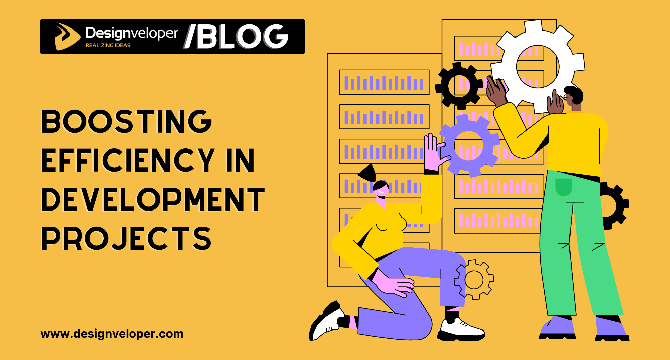Designveloper
1M
143

Image Credit: Designveloper
Boosting Project Efficiency: Strategies to Tackle Development Challenges
- Software projects can often derail due to bottlenecks that disrupt workflow momentum, impacting budget, quality, and team morale.
- Challenges in software development stem from inefficient processes, communication gaps, skill shortages, and project complexity.
- Successful teams address challenges with strategies focusing on process optimization, communication clarity, technical excellence, and continuous improvement.
- Implementing Agile methodologies like Scrum and Kanban helps prevent bottlenecks by breaking work into manageable increments.
- Prioritizing clear communication, team collaboration, and shared understanding helps mitigate misunderstandings and delays.
- Automating testing and deployment processes through Continuous Integration and testing strategies improves feedback cycles and quality assessment.
- Leveraging remote teams for scalability provides access to global talent pools and distributed work patterns, enhancing productivity and skill alignment.
- Continuous improvement and feedback loops, along with an experimentation mindset, help identify and eliminate process bottlenecks.
- By following strategies such as Agile methodologies, clear communication, automation, remote collaboration, and continuous improvement, development teams can enhance project efficiency and deliver meaningful business value.
- Addressing software development challenges can lead to strategic advantages, faster delivery, higher quality solutions, and more predictable outcomes.
Read Full Article
8 Likes
For uninterrupted reading, download the app